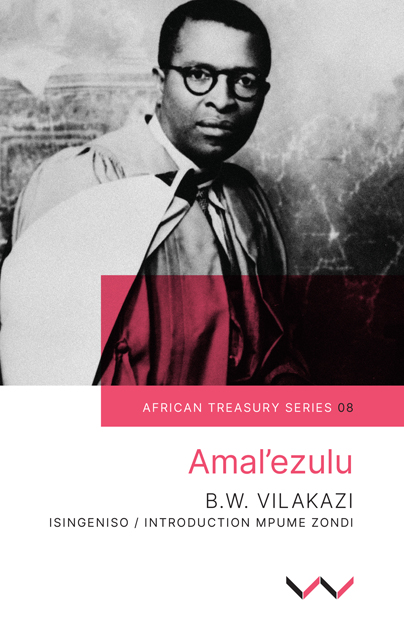Book contents
- Frontmatter
- Okuphakathi
- Isingeniso
- Introduction
- 1 Ugqozi
- 2 Imbongi
- 3 Umthandazo Wembongi
- 4 OKomhlaba Kuyadlula
- 5 Imfundo Ephakeme
- 6 Wo, Ngitshele Mntanomlungu!
- 7 Yin’ Ukwazi?
- 8 Wo, Leli Khehla!
- 9 Ukuhlwa
- 10 Inyanga
- 11 Ukuthula
- 12 Nayaphi?
- 13 Ngoba ... Sewuthi
- 14 Izinsimbi zesonto
- 15 KwaDedangendlale
- 16 Imifula Yomhlaba
- 17 UMamina
- 18 NgoMbuyazi Endondakusuka
- 19 Ezinkomponi
- 20 Sengiyakholwa
Introduction
Published online by Cambridge University Press: 01 September 2022
- Frontmatter
- Okuphakathi
- Isingeniso
- Introduction
- 1 Ugqozi
- 2 Imbongi
- 3 Umthandazo Wembongi
- 4 OKomhlaba Kuyadlula
- 5 Imfundo Ephakeme
- 6 Wo, Ngitshele Mntanomlungu!
- 7 Yin’ Ukwazi?
- 8 Wo, Leli Khehla!
- 9 Ukuhlwa
- 10 Inyanga
- 11 Ukuthula
- 12 Nayaphi?
- 13 Ngoba ... Sewuthi
- 14 Izinsimbi zesonto
- 15 KwaDedangendlale
- 16 Imifula Yomhlaba
- 17 UMamina
- 18 NgoMbuyazi Endondakusuka
- 19 Ezinkomponi
- 20 Sengiyakholwa
Summary
Benedict Wallet Vilakazi’s second poetry collection, Amal’ezulu, was first published in 1945 by University of the Witwatersrand Press in Johannesburg. In 1954, 1960, 1962 and 1970 the collection was updated by the same publisher with new orthographies. The last updated version appeared in 1980. This collection is particularly significant since it was published a decade after Vilakazi had settled in Johannesburg following his departure from the province of his birth, KwaZulu-Natal (then Natal). The ten-year period between Inkondlo kaZulu, Vilakazi’s first collection published in 1935, and this volume was a period in which his social life was characterised by internal conflicts and bewilderment. Nonetheless, he achieved remarkable and pioneering milestones in higher education when he became the first black South African to graduate as a Doctor of Literature (DLitt) in isiZulu literature in 1946. Inkondlo kaZulu and Amal’ezulu should not be viewed in isolation; both collections address issues that are still relevant today, and there are significant connections between them.
Born in 1906 in Groutville, Stanger (now known as KwaDukuza), Vilakazi completed his primary education at a local mission school while herding the family’s cattle after school hours. KwaDukuza is approximately seventyfive kilometres north of the coastal city of Durban, and close to the nineteenth-century headquarters of the famous Zulu king, Shaka ka Senzangakhona. The rich history of the place, together with its coastal scenery, provided Vilakazi with access to Zulu culture and images, intimate knowledge of which became useful in his works - especially his poetry - in which he would employ this knowledge in the form of literary devices.
A common practice in African families is for children to be given names that signify major events which occurred at the time of their birth. At the time of Vilakazi’s birth, Chief Bhambatha of the Zondi clan near Greytown was the leader of a rebellion that tried to resist colonialist destruction of the indigenous African homestead economy (South African History Online n.d.), and Vilakazi’s parents, Mshini and Leah, named him Bhambatha ka Mshini in recognition of what became known as the Bhambatha rebellion. He was baptised with the names Benedict Wallet after the family converted to Roman Catholicism; at his mother’s insistence, he kept the family name of Vilakazi.
- Type
- Chapter
- Information
- Amal’ezulu , pp. xxi - xxxivPublisher: Wits University PressPrint publication year: 2021

